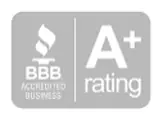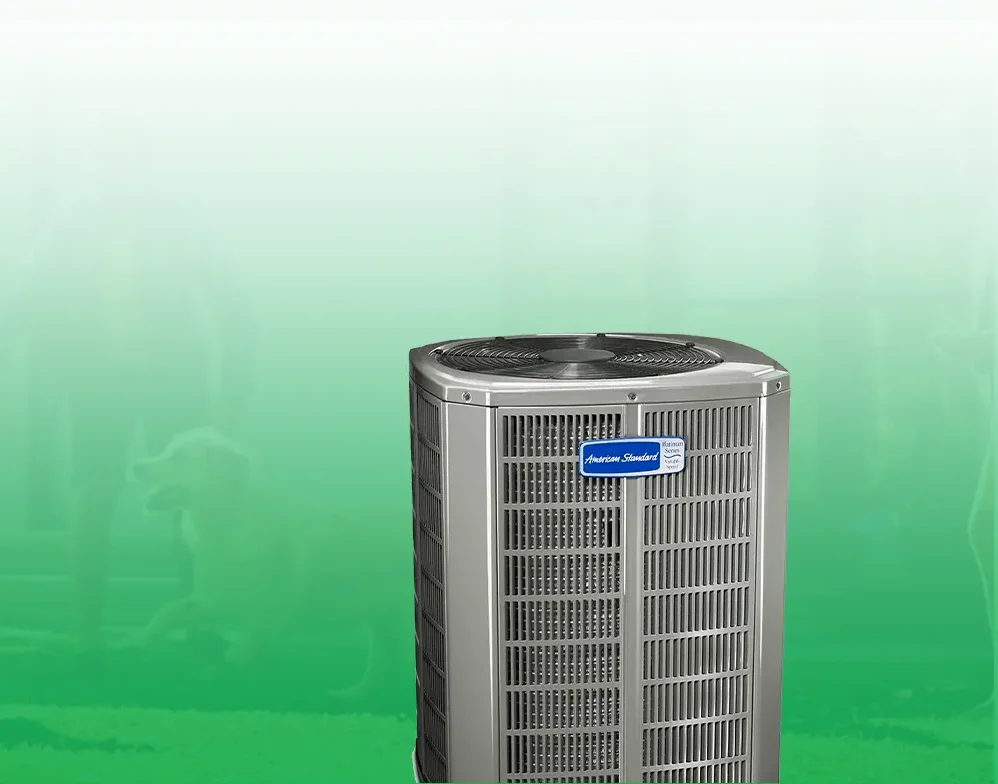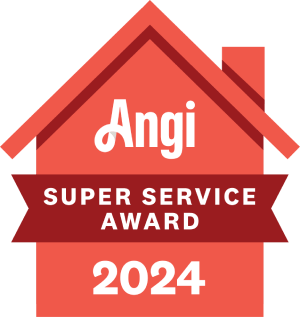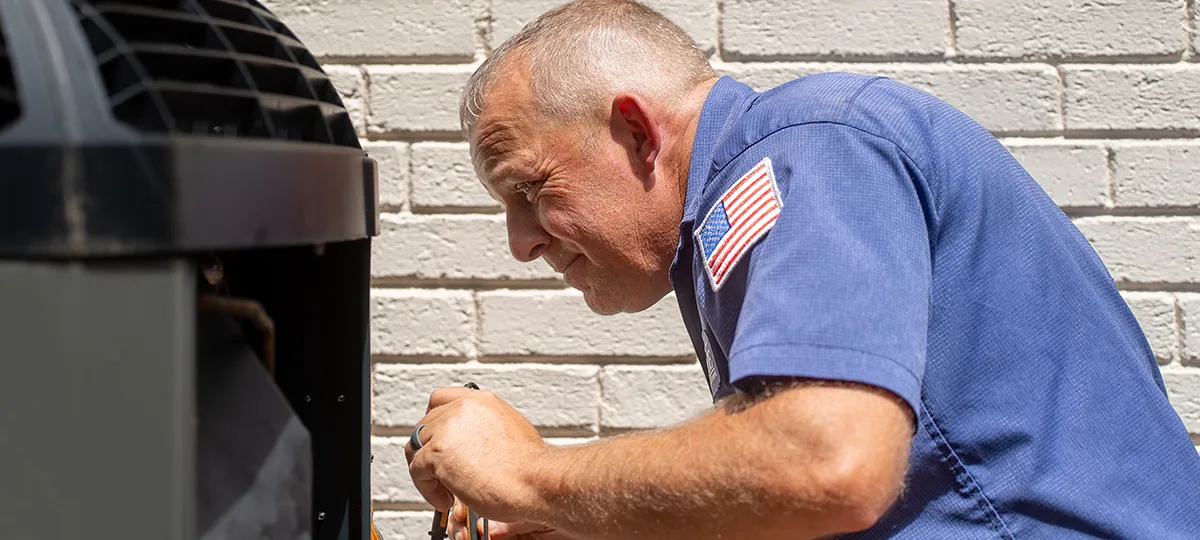At Horne HVAC Charlotte, we know that leaks in an HVAC system may cause a range of issues ranging from lower efficiency and higher power costs to major water damage and mold growth.
This is why we provide specific leak detection services meant to find and fix problems quickly, therefore guaranteeing the dependability and lifetime of your HVAC system. The newest instruments and technology allow our knowledgeable staff to offer complete leak detection and repair solutions.
Common Causes of HVAC Leaks
HVAC leaks pose significant challenges for homeowners, often resulting in increased energy costs and possible damage to the system. Recognizing the typical causes of these leaks can help you promptly identify and resolve them. Here are some common sources of HVAC leaks:
- Refrigerant Leaks: These occur when the refrigerant lines develop cracks or holes, often due to wear and tear or physical damage. This not only reduces the efficiency of your system but can also be harmful to the environment.
- Drain Line Clogs: The condensate drain line can become clogged with dirt, debris, or algae, causing water to back up and leak out of the system. This is especially common in humid climates.
- Evaporator Coil Issues: The evaporator coil can sometimes freeze over, especially if there are airflow issues or refrigerant leaks. When the ice melts, it can cause water to leak.
- Damaged Ductwork: Leaks in the ductwork can result from poor installation, aging materials, or pests. This can lead to conditioned air escaping, reducing efficiency and comfort.
- Improper Installation: Sometimes, leaks are simply due to poor installation practices, such as incorrect sealing of connections or inadequate drainage setup.
Signs Your HVAC System Might Have a Leak
Spotting the signs of an HVAC leak early can save you a lot of trouble and expense. Here are some common indicators that your system might have a leak:
Hissing or Bubbling Noises: These sounds can indicate a refrigerant leak, as the escaping gas creates noise when it exits the system.
Unexplained Increase in Energy Bills: If you experience an unexpected increase in your energy bills, it might be because your HVAC system is overworking to make up for the efficiency loss due to a leak.
Musty Odors: Musty smells can suggest mold growth, often due to excess moisture from a leak. This not only affects air quality but can also lead to health issues.
Water Stains or Pooling: Water stains near the HVAC unit or pools of water around it are clear signs of a potential leak, often from the drain line or a clogged drain pan.
Reduced Cooling or Heating Efficiency: If your system isn’t cooling or heating your home as effectively as before, it might be due to refrigerant leaks or airflow issues caused by duct leaks.



















